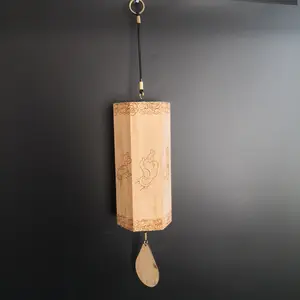Popular in your industry

































 Ready to Ship
Ready to Ship

















































































































 Ready to Ship
Ready to Ship







































Top categories
About buddhist shrine
Exploring the Significance of Buddhist Shrines
Buddhist shrines serve as serene sanctuaries for reflection and spiritual practice. Central to Buddhist tradition, these sacred spaces, ranging from buddhist altar at home to grand temple structures, are designed to foster a connection with the teachings of the Buddha. The shrine is not merely a decorative element but a focal point for meditation, offering, and the cultivation of a mindful way of living.
Design and Craftsmanship of Buddhist Shrines
The design of a buddhist shrine is a testament to skilled artisanship, with materials like brass, zinc alloy, and iron crafted into intricate figures and sculptures. The artistry involved in creating these shrines reflects a deep respect for the spiritual practice they support. From the minimalist lines of a minimalist buddhist altar to the elaborate carvings of a tibetan buddhist altar, each piece is a unique expression of devotion.
Varieties and Cultural Diversity
The variety of shrines, such as the japanese buddhist shrine and chinese buddhist altar, mirrors the rich tapestry of Buddhist practices around the world. Each style embodies the cultural nuances of the region, offering a glimpse into the local interpretation of Buddhist teachings. Whether it's the solemnity of a zen buddhist altar or the vibrant colors of a tibetan shrine, these sacred spaces are deeply rooted in the cultural heritage they represent.
Applications and Uses in Daily Practice
A buddhist house shrine plays a pivotal role in daily practice, serving as a place for chanting, meditation, and reflection. It's not uncommon to find a buddhist prayer altar within the quiet corner of a home, providing a personal space for spiritual growth. Similarly, the gohonzon butsudan, a focal point for Nichiren Buddhism, is revered in homes as a site for reciting the Lotus Sutra.
Features and Sustainability
Sustainability is a core principle in the creation of these shrines, with many crafted from durable materials designed to withstand the test of time. The process of making a shrine often involves plating, die-casting, and careful coloring to achieve a final product that is not only aesthetically pleasing but also environmentally conscious. The lightweight nature of certain shrines, such as a buddhist shrine for home, ensures that they are both accessible and practical for daily use.
Customization and Personal Expression
While maintaining traditional designs, modern shrines offer the possibility for customization, allowing individuals to express their personal spirituality. This adaptability ensures that a buddhist altar can resonate with the individual's practice and aesthetic preferences, making it a truly personal sanctuary for spiritual engagement.




























